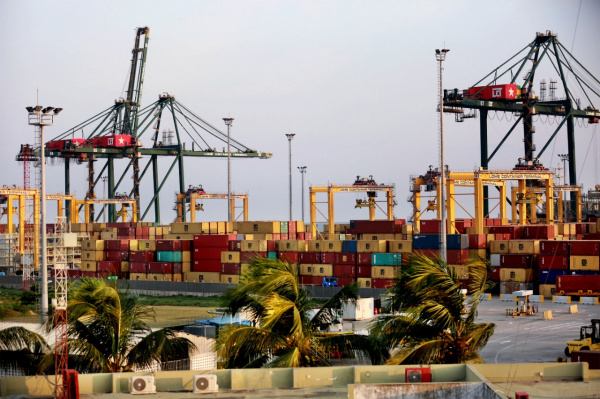Togo maritime economy plays a central role in driving national growth and sustaining regional trade. The country’s transport and maritime sector stands as one of the strongest levers of economic progress. Nearly 90% of Togo’s trade passes through maritime routes, according to UNCTAD, and this activity generates about 75% of the country’s tax revenue. These figures show not only importance but also the heavy reliance of Togo’s development on its maritime gateway.
At the heart of this system lies the Autonomous Port of Lomé, often described as the beating heart of Togo’s economy. The port has evolved into the country’s primary entry and exit point for goods. Its influence extends far beyond Togo’s borders, serving as a key lifeline for neighboring Sahel countries that depend heavily on maritime access for their imports and exports. By linking landlocked nations to global markets, the port reinforces Togo’s relevance in regional trade corridors.
The Autonomous Port of Lomé also stands tall as a leading transshipment hub along the Gulf of Guinea. Ships arrive with goods destined not only for Togo but also for re-export to wider West African markets. This strategic positioning has given Togo a strong comparative advantage, turning it into a magnet for logistics activity, foreign investments, and regional partnerships. The port’s efficiency and centrality make it a critical hub for economic stability in West Africa.
Maritime activity in Togo has grown stronger due to deliberate government policies. Authorities have invested in modernizing port infrastructure, improving cargo handling systems, and ensuring international safety standards. These investments have built confidence among shipping companies, international investors, and trading partners. Every improvement strengthens Togo’s competitiveness and widens its role as a dependable trade partner.
The sector also creates thousands of jobs directly and indirectly. Dock workers, customs officials, transport operators, freight forwarders, and traders all earn their livelihoods through the port’s activities. Around it, small and medium-sized enterprises thrive by providing support services in logistics, warehousing, and supply chains. The maritime economy has therefore become not only a revenue generator for government but also a driver of livelihoods for citizens.
The importance of maritime activity to Togo cannot be overstated. Its central role means that any disruption, whether from global shocks, security risks, or climate-related challenges, directly impacts national growth. Policymakers continue to explore strategies that balance economic expansion with resilience, making sure the sector sustains long-term stability. Efforts to digitalize customs, strengthen trade facilitation, and reduce bottlenecks form part of this wider vision.
Togo maritime economy illustrates how strategic geography, smart policies, and infrastructure can shape prosperity. With the Autonomous Port of Lomé standing as the engine of trade, Togo has positioned itself as both a national pillar and a regional powerhouse. The country’s reliance on maritime trade reflects not just an economic structure but a future of opportunities, where the sea continues to define growth, partnerships, and shared progress across West Africa.





